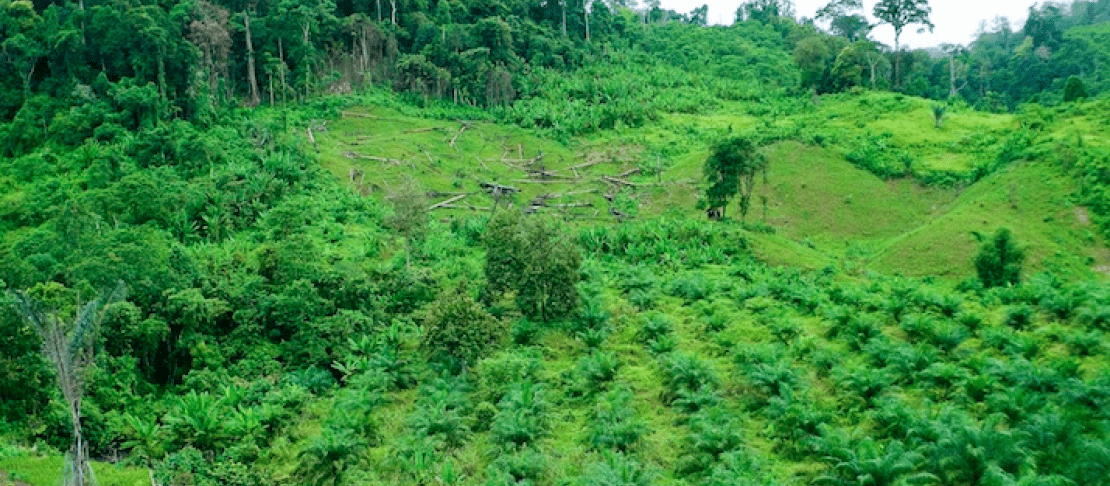Reducing emissions from oil palm development in East Kalimantan, Indonesia

Project description
Indonesia is the largest producer of crude palm oil in the world with more than half of the global production, and plans to double its production in a decade through expansion and higher yields. Therefore, up to an additional 4 million hectares of land might be developed by 2020, including 1-1.5 million hectares in East Kalimantan.
Palm oil production has had a strong history of deforestation. However, a number of stakeholders are addressing sustainability challenges, including the Indonesian authorities and companies under pressure from markets and consumer and non-profit campaigns. Provincial plans have the potential to significantly lessen deforestation and carbon emissions from palm oil production, and are associated with no-deforestation pledges by the private sector. To succeed, the policies and market mechanisms outlined in these plans must effectively avoid deforestation. This constituted the focus of this project, which was implemented in 2015. Funding was discontinued for budgetary reasons.
The project aimed to achieve emissions reductions of up to 20% in Kutai Kartanegara and Mahakam Ulu Districts by 2019 through a three-pronged approach:
- partnership with commercial estates, possibly aligned with international sustainability requirements, in order to support the application of high conservation values and high carbon stocks methodologies and to ensure that results lead to revised sustainable management plans for the concessions.
- partnership with small and medium enterprises (SMEs) and research smallholder expansion to produce new knowledge on this dynamic and increasingly important part of the sector.
- collaboration with provincial and district authorities and related agencies to support the implementation of progressive regulations on sustainable oil palm and help draft new and more ambitious regulations to fill remaining gaps.
Additionally, the project aimed to alleviate the confusion in both the corporate and public sectors resulting from multiple conservation concepts and certification standards. This project aimed to scale up successful district initiatives to the provincial level.
Outputs
Typology of oil palm companies in East Kalimantan, including information about corporate architecture, market orientation, financing mechanisms market/product orientation and value chains.
Baseline database for land-use planning, economic development policies, plantation investment plans, legal and institutional context for oil palm development in Kutai Kartanegara and Mahakam Ulu.
Synergistic and practical concept for high carbon stock/high conservation value (HCS/HCV) at plantation sites as part of international sustainability standards, including analysis of mitigation values and economic and social benefits and costs.
Adjusted oil palm management plans for selected oil palm producers.
Partners
This project was led by the Center for International Forestry Research (CIFOR). They partnered with the organizations Biosfer Manusia and World Wildlife Fund, the REDD+ Working Group in Kutai Kartanegara district, and Daemeter consulting firm. The project will work closely with oil palm stakeholder groups, including farmers and farmer organizations, private sector producers, other value chain actors, NGOs and, above all, Indonesian authorities at various levels.
Further information
For further information please contact project leader, Romain Pirard (CIFOR), r.pirard@cgiar.org